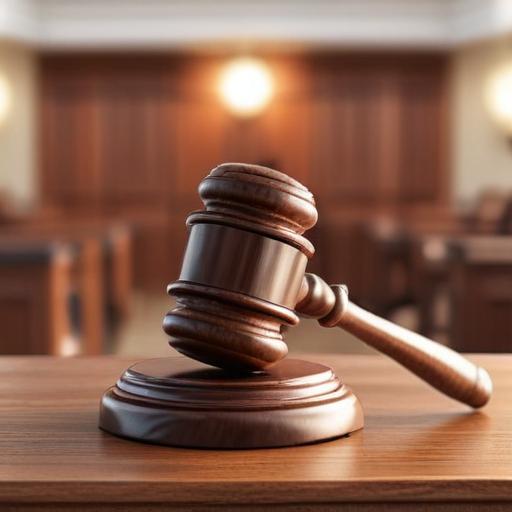Testimony resumed on Friday in the second murder trial of Karen Read, a Massachusetts woman charged with the murder of her boyfriend, Boston Police Officer John O’Keefe. The defense began by calling their first witness, Matthew DiSogra, an engineer specializing in accident reconstruction, who challenged the timeline established by a key prosecution witness, forensic scientist Shanon Burgess.
The prosecution has accused Read, 45, of hitting O’Keefe with her SUV after a night of heavy drinking in 2022 and leaving him to die in the snow. Read faces charges of second-degree murder, manslaughter, and leaving the scene of a crime. Her defense team argues that no collision actually occurred and suggests that a conspiracy among police officers has framed Read for O’Keefe’s murder.
In previous hearings, Read’s defense has focused on undermining the prosecution’s evidence, and DiSogra’s testimony aligns with this strategy. He contended that the events leading to O’Keefe’s death were misrepresented, saying he noticed discrepancies in the data provided by Burgess. This data is pivotal for the prosecution’s case, which asserts that timing is crucial in establishing what occurred on the night O’Keefe died.
During the proceedings, the judge has also been asked to rule on the inclusion of text messages from Michael Proctor, a former investigator in the case, which could be significant in contesting allegations against Read. The defense believes these messages may reveal bias and mishandling in the investigation.
As both sides continue to present their cases, the trial has showcased a battle over expert interpretations of data, with each witness contributing varying perspectives on the circumstances surrounding O’Keefe’s death. This ongoing saga underlines the complexities of legal interpretations in homicide cases and the weight of forensic evidence in court.
In a move that reflects the trial’s high stakes, Read’s defense has requested the judge drop all charges, arguing the prosecution has failed to prove key elements of their case, including the occurrence of a collision or intent to harm. This request, however, was denied, keeping the focus on the prosecution’s evidence and the continuing debates over the reliability of expert testimony.
The trial, which began obtaining public attention in 2022, continues to unfold in Norfolk Superior Court, with coverage available through CourtTV for those following the case’s developments.
